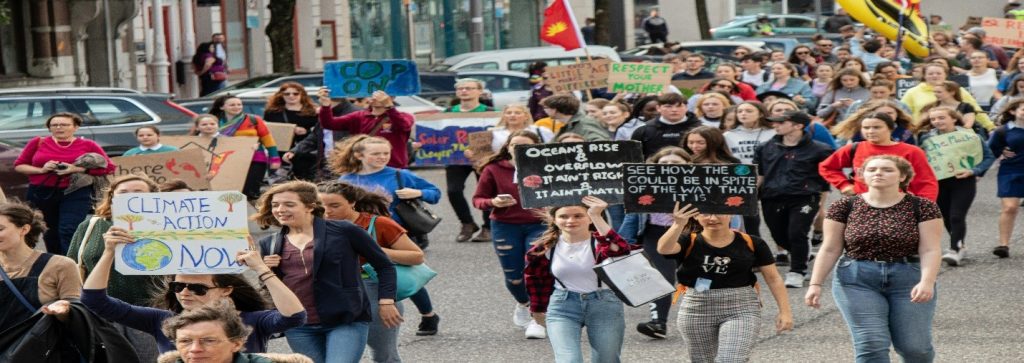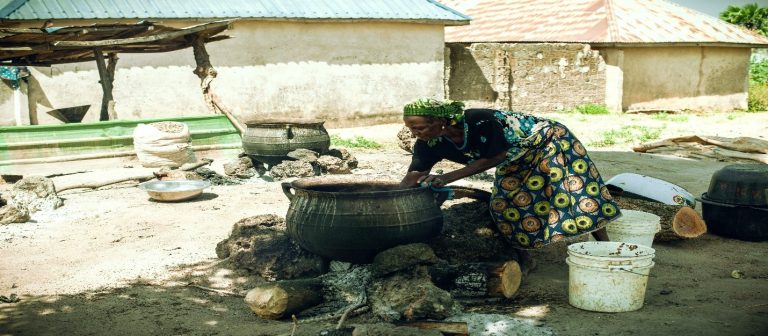Climate Change & Women: Why Their Voices Matter in the Energy Transition

Introduction
Women play a crucial role in energy consumption, climate resilience, and community leadership. Yet, they are often underrepresented in policy discussions and only make up about 22% of the global energy workforce. A report by UNDP emphasizes that women’s involvement in renewable energy projects not only leads to better health outcomes but also improves educational opportunities and reduces gender-based violence.
As climate change intensifies, women—especially in rural areas—bear the brunt of its impacts. From walking miles to fetch water to cooking with hazardous fuels, their daily lives are directly affected by energy policies. Empowering women in renewable energy is not just about gender equality—it’s about securing a sustainable future for all.
Why Women Are Key Players in Climate Action
Household Energy Decisions & Sustainable Living:
According to research, women are more likely to be impacted by climate-related disasters due to their socio-economic status and roles within families and communities. Women make the majority of household energy choices, influencing how families cook, light their homes, and use appliances.

In many African households, women rely on firewood and charcoal, leading to deforestation and air pollution. Switching to clean cooking stoves and solar home systems can reduce indoor air pollution and improve health.
Green Entrepreneurship: Women Driving Renewable Solutions
Many women-led businesses are addressing climate challenges by offering sustainable energy solutions. MamaSolar in Tanzania trains women to sell and install solar panels in rural communities. These businesses not only provide energy access but also create jobs and financial independence for women.
Community Leadership: Women Leading Climate Change Initiatives
Across Africa, women are leading tree planting programs, water conservation projects, and renewable energy cooperatives. The Women’s Solar Initiative in Nigeria teaches women how to assemble and repair solar lanterns. When women lead climate initiatives, communities become more

Breaking Barriers: Increasing Women’s Participation in Energy
The transition to sustainable energy must be inclusive and gender-responsive. As highlighted by UN Women, integrating gender dimensions into energy policies is critical for achieving the Sustainable Development Goals (SDGs), particularly SDG 5 (Gender Equality) and SDG 7 (Affordable and Clean Energy). Policymakers are encouraged to ensure that women are not only beneficiaries of energy initiatives but also active participants in decision-making processes.
- Education & STEM Training: Encourage young girls to pursue careers in engineering, energy, and environmental science.
- Policy & Leadership Inclusion: Governments should implement gender-sensitive policies and ensure women are included in decision-making.
- Access to Funding: Women-led renewable energy startups need better access to grants and microfinance programs. Studies indicate that women typically exhibit more positive attitudes toward climate action and sustainability
WEESI focuses on providing women with the skills and opportunities necessary to thrive in the energy sector. By supporting women’s entrepreneurship in renewable energy, we contribute to economic growth while promoting gender equality. Other organizations, such as UN Women and UNIDO, work collaboratively to create gender-responsive frameworks that enhance women’s participation in sustainable energy initiatives.
Conclusion
Women are climate warriors, energy innovators, and community leaders. By giving them a seat at the table, we accelerate climate solutions and build a more sustainable, inclusive future. As we move forward, let us recognize that when women succeed, we all succeed. By collaborating with us, we can further our commitment to ensuring that women’s voices are heard and valued in the global energy transition.
Join WEESI Today!!!
Reference
https://www.woodmac.com/news/opinion/women-successful-energy-transition/.
https://www.un.org/en/climatechange/science/climate-issues/women
https://www.imf.org/en/Blogs/Articles/2024/10/07/why-women-risk-losing-out-in-shift-to-green-
air pollution Climate change deforestation sustainable energy women in climate change women-led business
